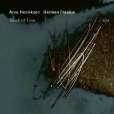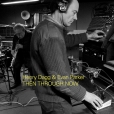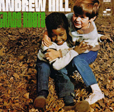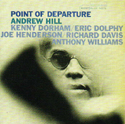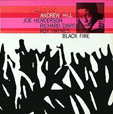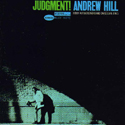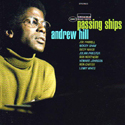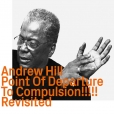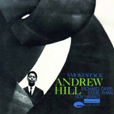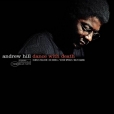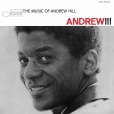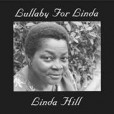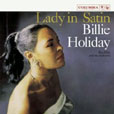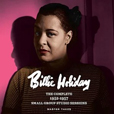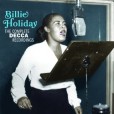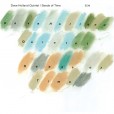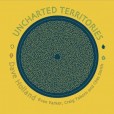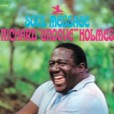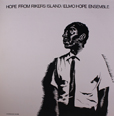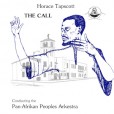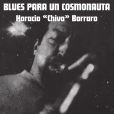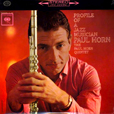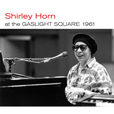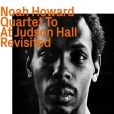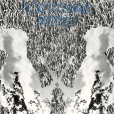Your basket is empty

Booker Ervin! Mira!
A cor-blimey line-up, and a masterpiece, recorded on the first day of spring in 1964. Dorham, Dolphy, Joe Henderson, Richard Davis, Tony Williams.
‘Classic Vinyl Series.’
‘Classic Vinyl Series.’
Dazzling music from 1969, way ahead of its time, by a nonet with Woody Shaw and Dizzy Reece on trumpets, Joe Farrell on reeds, woodwinds, and English horn, Bob Northern on French horn, Howard Johnson on tuba and bass clarinet, Ron Carter on bass. Fresh from Bitches Brew, Lenny White plays drums at just his second recording session; trombonist Julian Priester is a few months away from Mwandishi.
Sideways establishes Hill’s signature twist on Monk and Bud Powell, with its angular, sinewy restlessness, and Caribbean tang. The horns are crossly careering. The evocative title cut has classical, cinematic manners, but in the service of East of the River Nile mysticism. Plantation Bag is magnificent, delirious, epic funk, with Lenny White channelling Clyde Stubblefied, and Ron Carter dug in deep. Noon Tide tears way further eastwards, in the same urgent cohort as classics like Yusef Lateef’s Chang, Chang, Chang and Pete La Roca’s Dancing Girls. Cascade is precisely skittering and eruptive, with wonderful trumpet-playing. Yesterday’s Tomorrow is playful, both jaunty and rueful, undecided, to close.
The arrangements throughout are imperious; the playing is uniformly superb. “We had rehearsal time and a lot of studio time. Some of those songs, we did take 45 or take 50. We played them over and over and over, till we got a complete take just right.’‘
Knockout.
The Arkestra first started rehearsing at pianist Linda Hill’s house in the early 1960s. ‘In a few months, we’d built up from seven or eight to about eighteen cats, musicians started living there,’ Tapscott recalls in his autobiography. ‘People got involved with the Arkestra like it was their life’s work.’
Opening with the spiritual jazz epic Leland’s Song — a duet with flautist Adele Sebastian — this LP was recorded for Nimbus West by Hill in 1981, with fellow Arkestra members including Sabir Matteen, Roberto Miranda and Everett Brown Jr.
With Steve Coleman, Julian Priester, Marvin Smitty Smith and Kenny Wheeler.
RH came through with Les McCann and Gerald Wilson. Prestige tried him out with Gene Ammons and Joe Pass, before this trio debut as leader, in 1965.
Top-notch, archetypal soul jazz — the opener states the case, the closer sums up — hard-swinging, blues-saturated, lots of chords, propulsive bass, open and gritty.
Nicely Latinized version of Song For My Father.
Worth it just for the brilliant John Gilmore, from 1963. Boykins and Philly Joe in the house. We love Elmo, too — that’s him on Harold Land’s The Fox. Marcelle Daniels’ vocal version of Groovin’ High is a gem.
Available on vinyl for the first time in forty years, Horace Tapscott’s burning, spiritualised 1978 set is a masterpiece of the Los Angeles jazz underground.
It’s drawn from two studio sessions in April 1978, one at Hollywood Sage and Sound, one at United Western. The latter session added a string section, which can be heard on the moody Cal Massey composition Nakatini Suite and Jesse Sharps’ swinging modal trip Peyote Song No. III, with its swirling soprano solo. In keeping with the communal nature of the Arkestra, the other two compositions, The Call and Quagmire Manor at Five A.M. are also by Arkestra members. But at the centre of the music is the builder of the Ark, the visionary whose original call to action started a movement whose legacy continues to this day — Horace Tapscott.
180g audiophile vinyl in a painstakingly reproduced sleeve.
Heed The Call!
‘From 1971, the first LP the altoist self-produced for his own Altsax label; recorded in the Netherlands during Howard’s second stint in Europe, with an intriguing lineup including Misha Mengelberg and Han Bennink.
‘Howard’s saxophone work alternates between leading with passionate, lyrical lines and blending into the collective improvisation. The dynamic interplay, particularly between Mengelberg’s dissonant piano clusters and Bennink’s thunderous drumming, creates a vivid sound painting full of contrasting forms and colours. Patterns remains one of Howard’s most unique, visionary and celebrated recordings.’
